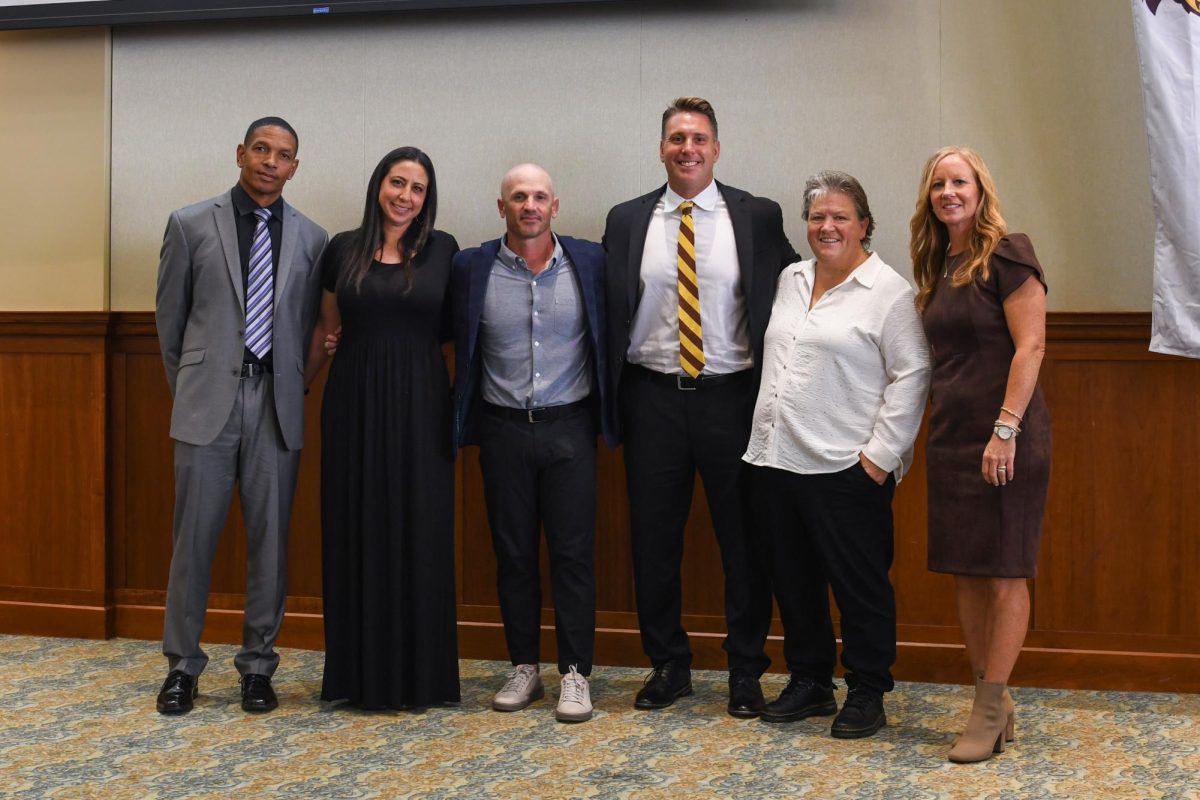When district schools and county colleges close due to inclement weather, the steps involved in reaching that decision widely differs from that of a university’s.
According to Vice President for University Relations Joe Cardona, a group that involves him, the President’s office, the Public Safety & Emergency Management office, the Provost’s office and the Facilities office, gather before any inclement weather to form a team that will decide who comes in early, who comes in late, what buildings will be open and what activities will occur.
“The week before, we send out a reminder email to students of our [inclement weather] policy… We start talking 48 hours before the storm by email and meet 24 hours beforehand [in] a conference call. Research and reports [come in during that meeting] from the State Police department, the news, and the Governor’s office,” Cordona said.
Assistant Vice President and Emergency Management Coordinator Michael Kantner said that representatives from Rowan’s three schools—Cooper Medical of Rowan University in Camden, Rowan University in Glassboro and Rowan School of Osteopathic Medicine (SOM) in Stratford—are included in the meeting to provide input from every site, as the weather can be very different at each location.
“If students feel unsafe, there is a policy in place from the Provost office, to just notify their professor, and make up the work, so that it is a not a day of absence that will count against them, because if they say, ‘Hey, I can’t drive in from Atlantic City,’ we’re not going to expect them to,” Kantner said.
Some students, however, do not feel that skipping class is an option, because they fear they will fall behind.
“I do not believe that Rowan’s closing policies are fair,” said sophomore psychology major Annalise Burke. “I’m honestly furious when I have to skip my classes because I feel unsafe getting there and coming back. You can miss a lot during one class and then I feel as if I fall far behind … All because of the weather.”
Cardona also explained that when it comes to parking, the consideration is not to move a certain amount of spots, as there is no way to calculate how much space will be needed. But the university will pick up snow and place it in another area, rather than plow snow, pushing it to block other areas of a lot.
Cardona explained that the city of Camden was a mess and roads were harder to clear there than on the main campus, where students can come by cleared main highways such as Route 55 or Route 322.
“Did the news say it was clear? Did police say it was clear? We may not be able to say, ‘Don’t take that backway [to campus],’ but what are the professionals saying?” Cardona said.
When district schools close, the district is concerned about kindergartners as well as high school students, where buses have to navigate through all kinds of roads, Cardona said. The schools, he said, have to consider if it’s okay for kindergartners to be standing at the side of the road in the cold.
“It’s not apples and [apples] … It’s not a good comparison. We have an obligation to provide students their education that they are paying for. In school districts, they can make up those days at the end of the year. We don’t have that flexibility,” Cardona said.
But with students coming from all over, many believe that the same consideration should be taken for their safety when it comes to closing.
“Rowan does not immediately put salt down and I have fallen and severely hurt myself because of it,” said Burke. “Last year, I did not see salt being put down once.”
Additional reporting by Rhiannon Bulaga, News Editor.

































































































































































































